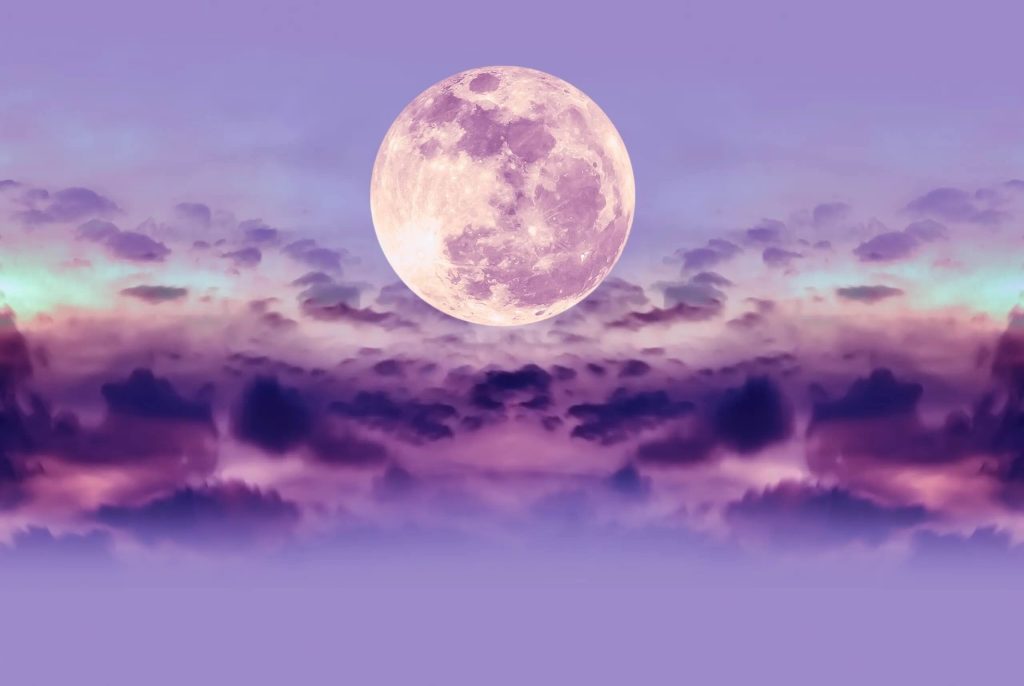Imagine standing on the moon's surface, looking back at Earth, floating like a blue marble in the vast, dark sea of space. This dream turned into reality on July 20, 1969, when Apollo 11 astronauts Neil Armstrong and Buzz Aldrin took humanity's first steps on the moon. National Moon Day celebrates this monumental achievement, marking a pinnacle in human exploration and ingenuity. But how did this mission change the world? Why does it continue to inspire generations to look up at the night sky with wonder and ambition? From igniting the imaginations of millions to fueling advancements in technology and science, the Apollo 11 moon landing wasn't just a victory in the Space Race; it was a giant leap for mankind, showcasing what we can accomplish when we dare to dream big.
Key Takeaway
Timeline
Day Activities
-
Stargazing Events: On National Moon Day, communities often organize stargazing parties, inviting everyone to gaze up at the night sky through telescopes. These gatherings not only celebrate the Apollo 11 mission but also spark curiosity about the cosmos. Participants get to learn from amateur astronomers, making the night sky seem a little closer to home.
-
Educational Workshops: Schools and museums jump on the bandwagon with interactive workshops that dive into the Apollo 11 mission's nuts and bolts. Kids and adults alike can get their hands dirty building model rockets or engaging in simulations that give them a taste of what navigating the vastness of space feels like.
-
Social Media Challenges: To keep the buzz alive online, various platforms host photo and trivia challenges related to the moon and space exploration. Participants can share moon-themed art, stories of what the Apollo 11 mission inspires in them, or fun facts they've discovered about our lunar neighbor, fostering a global conversation about space and its endless mysteries.
Interesting Facts
1. First Humans on the Moon
On July 20, 1969, Neil Armstrong and Buzz Aldrin were the first to walk on the Moon.
2. Famous Quote
Armstrong's words, "That's one small step for man, one giant leap for mankind," echoed worldwide.
3. Orbital Solo Act
While Armstrong and Aldrin explored, Michael Collins orbited alone in the Command Module.
4. End of the Space Race
This mission marked the conclusion of the U.S.-Soviet Space Race.
5. Reflecting on Progress
National Moon Day celebrates human achievements in space exploration.
Why We Love This Day
-
Celebrating human achievement in space exploration
Who wouldn't want to high-five humanity for its out-of-this-world achievement? National Moon Day throws us back to July 20, 1969, when astronauts Neil Armstrong and Buzz Aldrin did the unthinkable—walking on the moon. This wasn't just a stroll in the park; it was a monumental step that showed what humans can do when they set their minds to it. From the drawing board to the launch pad, this day reminds us of the sweat, tears, and sheer brilliance that propelled mankind about 238,855 miles from home to the moon's surface. -
Inspiring future generations to dream big
Talk about setting the bar high! National Moon Day isn't just about looking back; it's about peering into the future. It serves as a massive inspiration for kids and adults alike, sparking dreams of space travel, exploration, and maybe even living on other planets. Armstrong and Aldrin weren't just astronauts; they were trailblazers who showed that the sky's not the limit—far from it. This day encourages us to dream big, work hard, and maybe, just maybe, leave our own footprints on distant worlds. -
Reflecting on technological advancements since the Apollo 11 mission
Let's not forget the mind-boggling tech that made the moon landing possible. National Moon Day is a perfect time to geek out over the technological leaps we've made since Armstrong's famous "small step." From the computers that were less powerful than today's calculators to the cutting-edge tech that propels current space missions, this day is a testament to human ingenuity and perseverance. It's a chance to marvel at how far we've come and get pumped about where we're headed next in the cosmos.
Past & Future Dates
| Month | Day | Year |
|---|---|---|
| JULY | 20 | 2022 |
| JULY | 20 | 2023 |
| JULY | 20 | 2024 |
| JULY | 20 | 2025 |
| JULY | 20 | 2026 |
| JULY | 20 | 2027 |
| JULY | 20 | 2028 |
FAQ
What national day is 20th July?
Today is National Moon Day and National Lollipop Day.
What is the significance of Moon Day?
International Moon Day marks the anniversary of the first landing by humans on the Moon as part of the Apollo 11 lunar mission. The celebrations will also consider the achievements of all States in the exploration of the Moon and raise public awareness of sustainable Moon exploration and utilization.
Is it National Moon Day today?
National Moon Day on July 20th commemorates the day man first walked on the moon in 1969!
What happened to the moon on July 20 1969?
On July 20, 1969, astronauts Neil Armstrong and Edwin “Buzz” Aldrin became the first men to walk on the moon after reaching its surface in their Apollo 11 lunar module.
